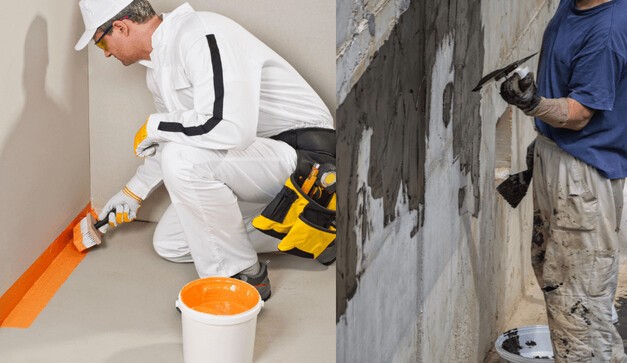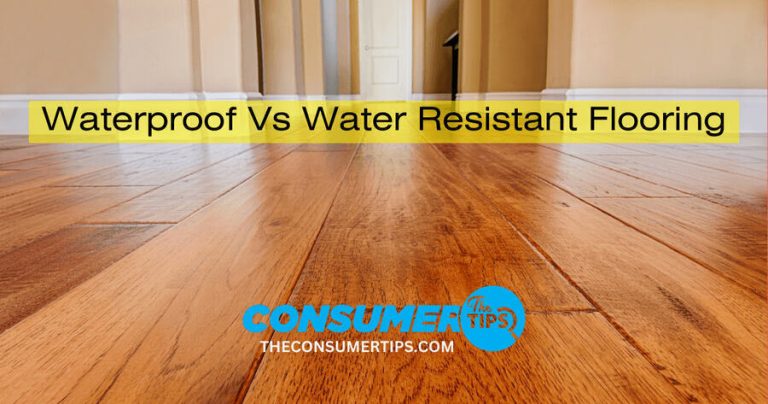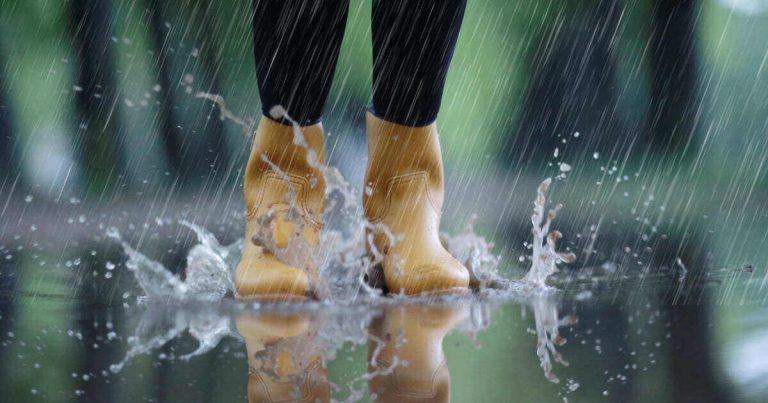Damp Proofing Vs Waterproofing: Advantages And Disadvantages
Damp proofing and waterproofing can be perceived as somewhat similar and in a sense, they are. But the terms cannot be used interchangeably due to the significant differences between them. But what are these differences? Damp proofing refers to protection against moisture whereas waterproofing can prevent water penetration even when there’s hydrostatic pressure is present….





